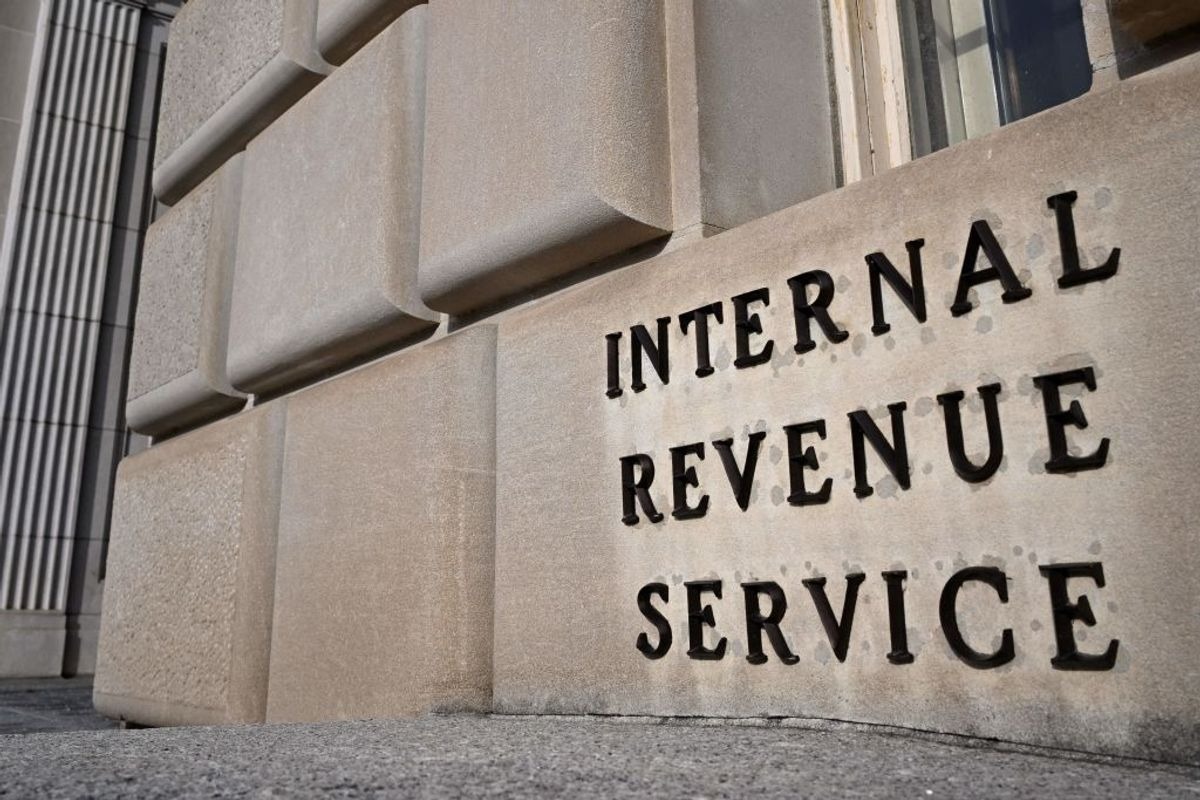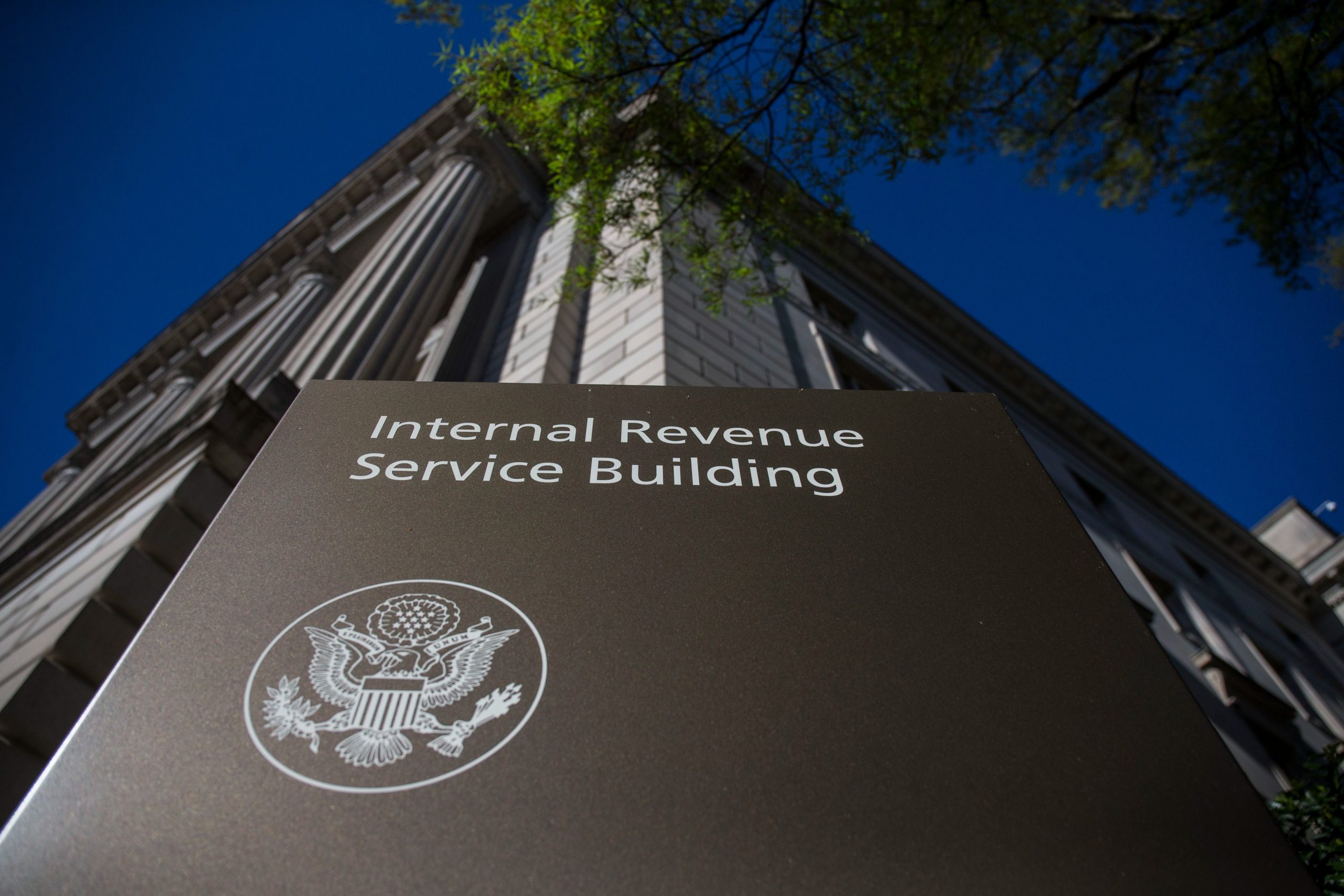A recent report from the Treasury Inspector General for Tax Administration (TIGTA) has illuminated the Internal Revenue Service’s (IRS) hiring initiatives and addressed misconceptions surrounding the agency’s plans to bolster its enforcement efforts.
Contrary to sensationalized media reports alleging the recruitment of “87,000-armed enforcement agents,” TIGTA clarified that the IRS is hiring 5,582 tax enforcers this year. This figure includes individuals across various staffing categories, with only a fraction authorized to carry firearms.

Internal Revenue Service (Credits: Politico)
The IRS received a substantial funding boost of approximately $79.4 billion through the Inflation Reduction Act of 2022, representing a remarkable 600-percent increase over its previous year’s budget. Despite a subsequent clawback of around $1.4 billion by Congress, the agency has been allocated resources to enhance its operations.
The hiring plans outlined by TIGTA indicate a strategic approach to bolstering IRS enforcement capabilities. Revenue officers tasked with collecting delinquent taxes are slated to increase to 3,470 by the end of the fiscal year.
Similarly, recruiting revenue agents responsible for conducting tax audits will bring their numbers up to 12,358. The smallest cohort of new hires comprises armed special agents in the criminal division, with 402 individuals expected to join their ranks.

IRS System (Credits: Snopes)
This staffing surge aims to augment the IRS’s enforcement capacity and narrow the tax gap, estimated to be around $496 billion annually between 2014 and 2016.
However, Republicans have raised concerns regarding the disproportionate focus on enforcement activities, with over half of the new funding allocated to this area.
The IRS’s intensified enforcement efforts include targeting specific groups of taxpayers, particularly those with total positive income exceeding $1 million and massive tax debt. Additionally, the agency aims to expand audits of large corporations and crack down on abuse of corporate tax breaks.
Despite the IRS’s commitment to enhancing tax compliance through technological advancements and enforcement measures, questions linger regarding the efficacy and balance of its enforcement strategies.
As the agency moves forward with its hiring plans, the spotlight remains on its ability to effectively address tax non-compliance while upholding taxpayer rights and fair treatment.























